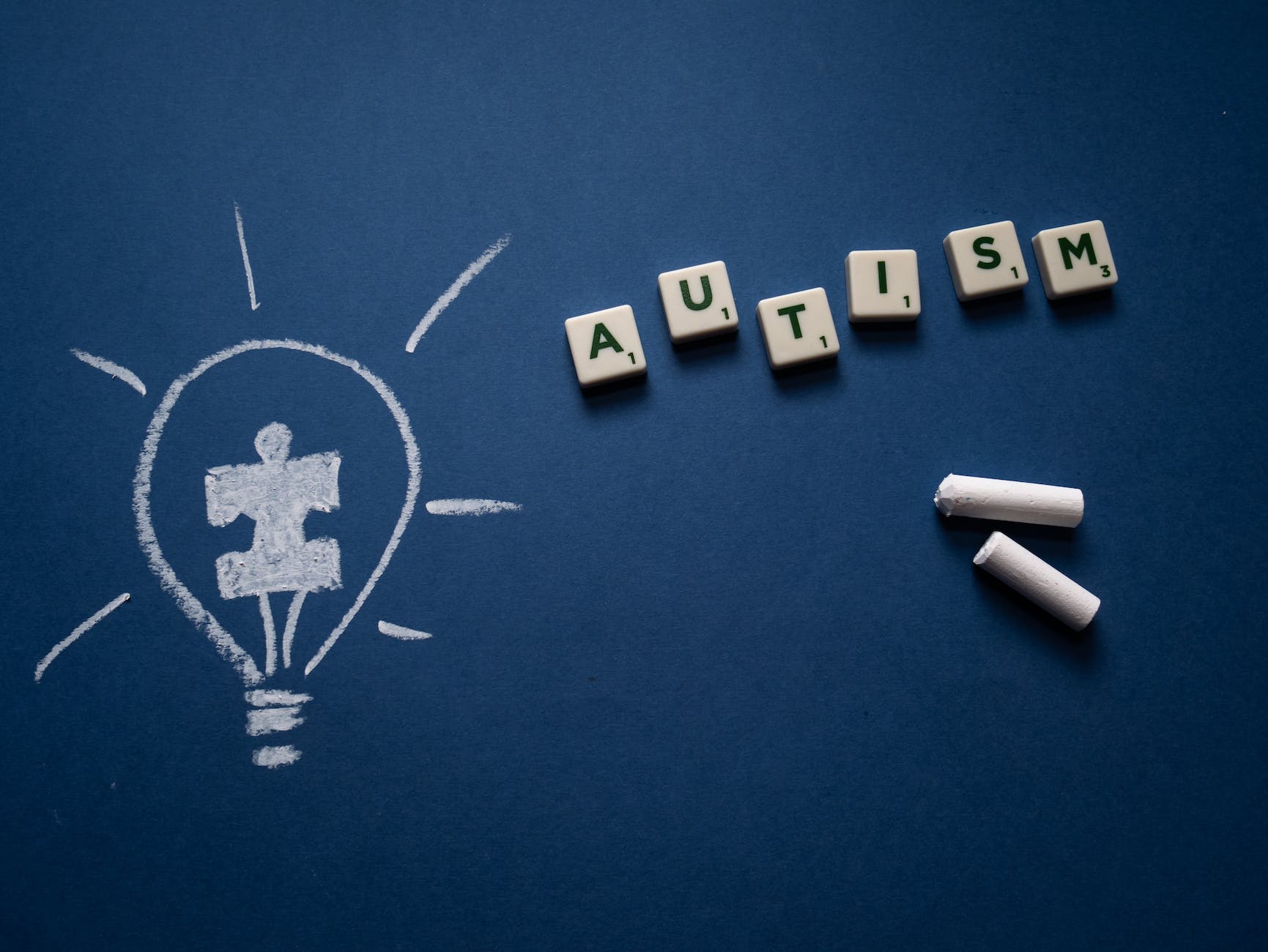Happy Autism Awareness Month! In April, we celebrate the gifts that autism and other types of neurodiversity bring to the world. We also take a look at how our culture and society — including workplace culture — can do a better job of not only being aware of, but accepting and celebrating our autistic employees and colleagues.
Autism affects the way people think and interact with the world around them. Some people with autism need more support for daily living activities (like work) than others.
People on the autism spectrum can have challenges with societally “expected” tasks like reading social cues and communication. But this doesn’t mean that they aren’t valued members of our communities or that they can’t be fantastic employees.
In today’s blog, we’ll go over 4 ways to support autistic employees, not just this month but every day of the year. Be sure to contact the team at MINES & Associates to learn about our wellness coaching services that can support autistic employees.
The benefits of hiring autistic employees
Supporting autism in the workplace isn’t about “learning how to manage the difficulties of autism,” as some may believe. Rather, it’s about celebrating neurodivergence in all its forms and recognizing the many valuable contributions that autistic employees can bring to any workplace.
Some of the main benefits of hiring autistic employees include:
- They can do any job. Although autism appears on a range of functioning levels, just because someone is autistic doesn’t mean that they can’t do a job. Just like neurotypical or non-autistic people, autistic employees can succeed at any job that’s the right fit for their skills and qualifications.
- Autistic people can often be highly focused, especially on tasks and subjects that interest them.
- Autism and other types of neurodivergence can bring a fresh, outside-the-box problem-solving style to your team. This diversity of thought can be enriching for the entire organization.
- If an autistic employee is hired for a job that interests them, then their passion can drive them to be very productive.
- Creating a diverse workforce that is inclusive of different kinds of people, including autistic people, is a way to interrupt the status quo and drive innovation forward.
How to support autistic employees
Here are some ways you can support and celebrate your autistic employees — starting with your recruitment and interviewing practices. Aside from this, MINES & Associates offers wellness coaching that can help support autistic employees.
Reexamine your recruitment and HR practices
You can’t celebrate autistic employees if you don’t have any to begin with. Unfortunately, global reports show that up to 75% of autistic people are un- or under-employed — and this has a lot to do with the biases that may unknowingly come up during the recruitment and screening process.
For example, reconsider what are “essential” skills and requirements for job postings. Many autistic people have a tendency to take things literally. They may be highly qualified for a job position but decide they aren’t able to apply because they don’t fully meet one “requirement” out of many.
In addition, it may be a good idea to obtain unconscious bias training for any hiring staff. Autistic people may present as “different” from the societal norm. They may also have some differences or challenges in social situations.
If hiring staff don’t have awareness about autism, then autistic candidates could be classified as “strange” or “not a good culture fit” after an interview — when, in reality, they could bring much-needed diversity to your staff.
Reexamine your HR and recruitment processes to ensure they are inclusive of autistic candidates and employees.
Provide accommodations
Autistic people are entitled to reasonable accommodations in the workplace. Every autistic person is unique, but some accommodations that may help autistic employees succeed include:
- Modified work schedule
- Modifications to a supervisory role, for example, checking in with a supervisor every week rather than quarterly
- Noise-canceling headphones while in a shared office space
- Dimmed lights in their office
- Alternative seating options
- A mentor or job coach
- Remote work
- Employee assistance program or counseling
- Different communication techniques, such as providing written and verbal instructions
It’s important not to assume what autistic employees need to feel included and successful in the workplace. Some may not need any accommodations at all, while others need many. Include them in the process — ask them directly what, if anything, they need. Additionally, the team at MINES & Associates offers wellness coaching which can support such initiatives.
Educate yourself
There are many misconceptions out there about autism, and many neurotypical people have unconscious biases against autistic people. One Australian survey found that nearly 40% of people didn’t believe that autistic people could become doctors. A third of autistic people felt that a lack of understanding about autism was a barrier to employment for them.
It’s important to raise awareness in the workplace about autism, its strengths and features, and the many benefits of neurodiversity in the workplace. You may want to consider hiring a trainer or a coach to provide training for your organization.
Additionally, don’t put the entire burden of spreading awareness on autistic employees themselves. Include them in the process — some may be delighted to help, while others may feel that educating others is emotionally exhausting. Always invite your autistic employees to be a part of their process without making them feel like they are required to be if they don’t want to.
You can also reach out to the team at MINES & Associates inquiring about out wellness coaching services for additional support.
Allow their strengths to flourish
As mentioned earlier, there are so many benefits to hiring autistic employees. But just like is the case with most people, their strengths won’t be able to flourish if they’re placed in the wrong environment.
On top of providing accommodations to ensure that your autistic employees can work at their highest potential, you may also want to consider their job titles and tasks and whether they allow employees to do what they do best.
Of course, every autistic employee is unique and they don’t all share the same strengths, talents, or passions.
But generally, autistic and other neurodivergent people have a wonderful ability to think outside of the box. That’s what neurodivergence is — their brains process information in different ways. That means that you can allow their strengths to flourish by placing them in roles where they can solve problems in unique ways.
Another example is analytics, fact-checking, and anything else that requires attention to detail. The intense focus that’s required to succeed at these tasks often comes naturally to autistic people.
If your autistic (or non-autistic) employees need some extra support at work, MINES & Associates offers an Employee Assistance Program and wellness coaching that includes 24/7 free and confidential counseling. All of our counselors are affirming of neurodiversity and are here to support you.
To Your Wellbeing,
The MINES Team












Leave A Comment